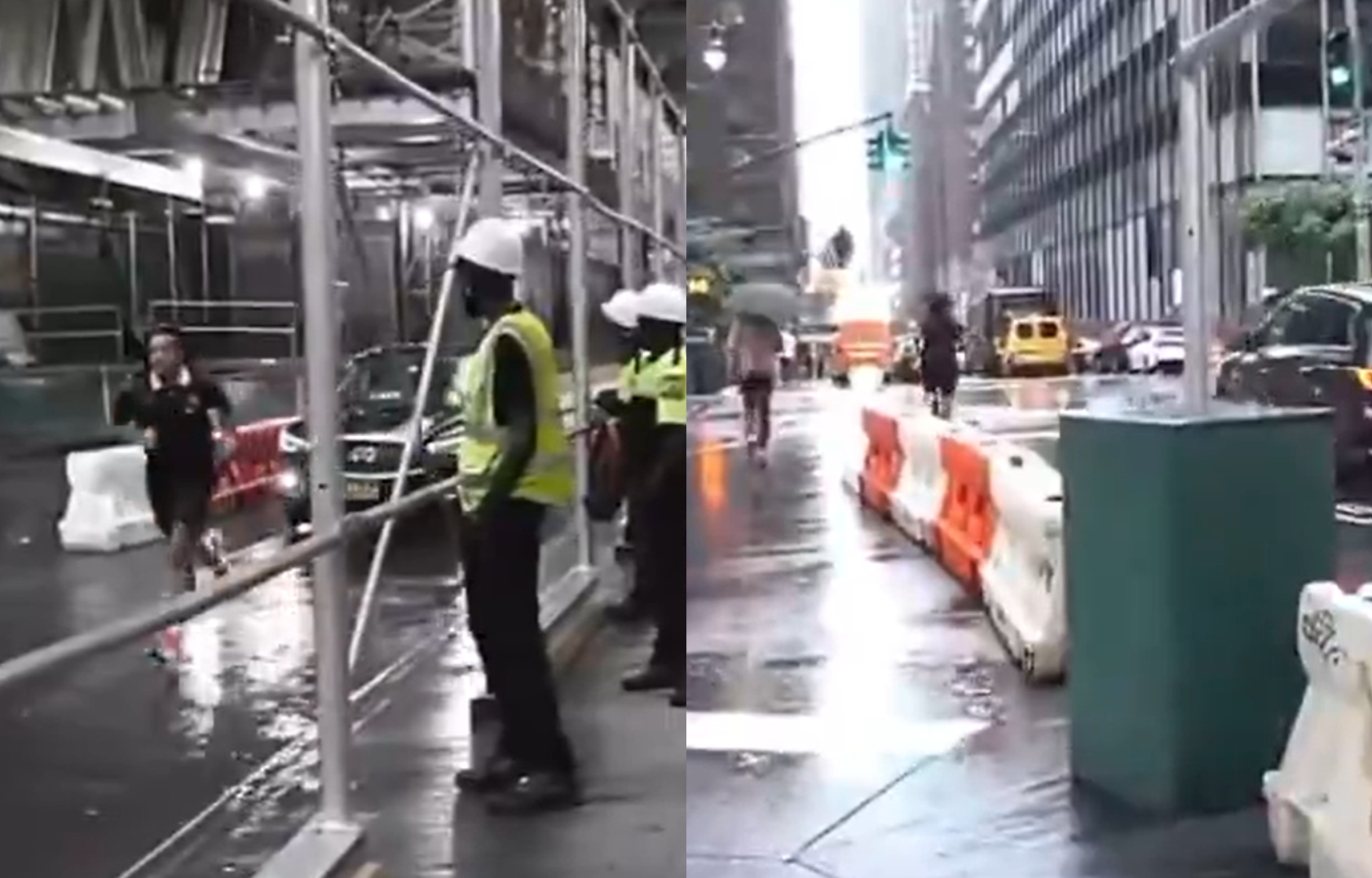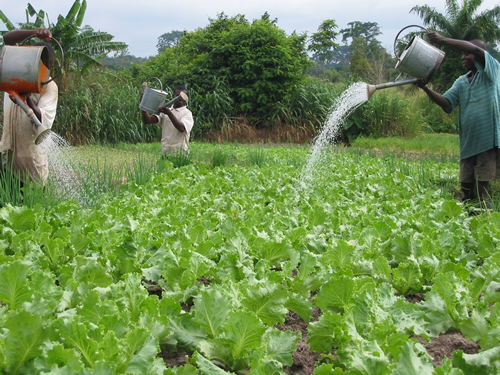
Officers of the Ghana Immigration Service stationed at the Akanu Sector Command, with the support of some officers of the Ghana Revenue Authority-Customs Division, intercepted a truck loaded with smuggled cocoa beans. The Officers acted on intelligence and waylaid the truck driven by one Ibrahim Fatawu. There were 1,115 gallons stuffed with cocoa beans found in the truck at the Ave-Havi border post to be smuggled to Togo.
This was contained in a press release issued and signed by Michael Amoako-Atta, Assistant Commissioner of Immigration in charge of Public Relations.It said the 1,115 gallons of cocoa beans had been handed over to officials of COCOBOD while the truck had been impounded and the driver assisting in further investigations. The Ghana Immigration Service(GIS) commended members of the border community for their collaboration and support in protecting Ghana’s borders.
First of all, The Chronicle commends the Ghana Immigration Service and the Ghana Revenue Authority-Customs Division for this commendable achievement.
This operation not only demonstrates the effectiveness of Ghana’s security agencies in curbing illegal activities but also underscores a pressing concern about the persistent issue of cocoa smuggling.
Cocoa is one of Ghana’s most valuable export commodities, generating substantial foreign exchange and providing employment for millions of farmers and workers in the agricultural sector. The cocoa industry is heavily regulated to ensure fair pricing and stable incomes for farmers. However, smugglers continue to exploit price differences between Ghana and neighboring countries such as Togo and Côte d’Ivoire, where cocoa often sells at higher prices.
By illegally transporting cocoa beans across borders, these criminals not only deprive Ghana of valuable revenue but also undermine the structured pricing system designed to protect local farmers. If smuggling continues, the government may struggle to provide necessary subsidies, research funding and development programs for the cocoa sector, thereby threatening its sustainability.
The interception of 1,115 gallons of cocoa beans at the border highlights the urgent need for stricter enforcement measures. While the efforts of the GIS and Customs Division are commendable, the incident also reveals gaps in border security that smugglers are still able to exploit. Smuggling networks often operate in remote areas with little security presence, taking advantage of weak enforcement mechanisms. This means that a more robust and well-coordinated approach is necessary to combat the illegal trade effectively.
To address the issue, the government must prioritise increased surveillance and intelligence gathering. Security agencies need better resources, including advanced surveillance technology such as drones to track and intercept smuggling operations before they occur. Additionally, strengthening intelligence networks by working closely with local communities can help identify smuggling routes and operators. Community members play a crucial role in reporting suspicious activities, and their involvement should be encouraged through incentive programs.
Deploying additional security personnel at key border points is also critical. Many smuggling activities occur in under-policed areas where officers are either too few or lack the necessary resources to enforce border laws effectively. Increasing patrols, particularly in known smuggling hotspots, will help deter criminals from attempting to transport cocoa beans across borders illegally. Moreover, security personnel should receive adequate training and logistical support to enhance their operational effectiveness.
The recent operation at Ave-Havi demonstrated the importance of coordinated efforts between GIS, the Customs Division and COCOBOD. A more integrated approach that involves all relevant institutions will improve enforcement efficiency, streamline communication, and ensure swift action against smugglers. This collaboration should also extend to regional partners, as cross-border cooperation with neighboring countries is essential in dismantling smuggling networks.
Stricter penalties for smugglers must also be enforced. The current legal framework should be reviewed to introduce harsher punishments for individuals and groups engaged in cocoa smuggling. Heavier fines, longer prison sentences and the confiscation of assets linked to smuggling activities will serve as strong deterrents. Additionally, the government must ensure that arrested smugglers face swift and fair prosecution to demonstrate its commitment to tackling the problem.
Beyond enforcement, addressing the root causes of smuggling is essential. Many cocoa farmers turn to smugglers because they believe they will receive better prices in neighboring countries. To counter this, the government must ensure that farmers are adequately compensated for their produce and receive timely payments.
The fight against cocoa smuggling is not only about preventing economic losses but also about securing the future of Ghana’s cocoa industry. The government, security agencies and stakeholders must work together to create a more secure and transparent system that benefits all players in the sector.
While the interception at the Ave-Havi border is a step in the right direction, it must not be seen as an isolated success. It should serve as a wake-up call for stronger and more sustained measures against cocoa smuggling.
The post Editorial: Cocoa Smuggling Canker Must Be Nipped In The Bud appeared first on The Ghanaian Chronicle.
Read Full Story

















Facebook
Twitter
Pinterest
Instagram
Google+
YouTube
LinkedIn
RSS